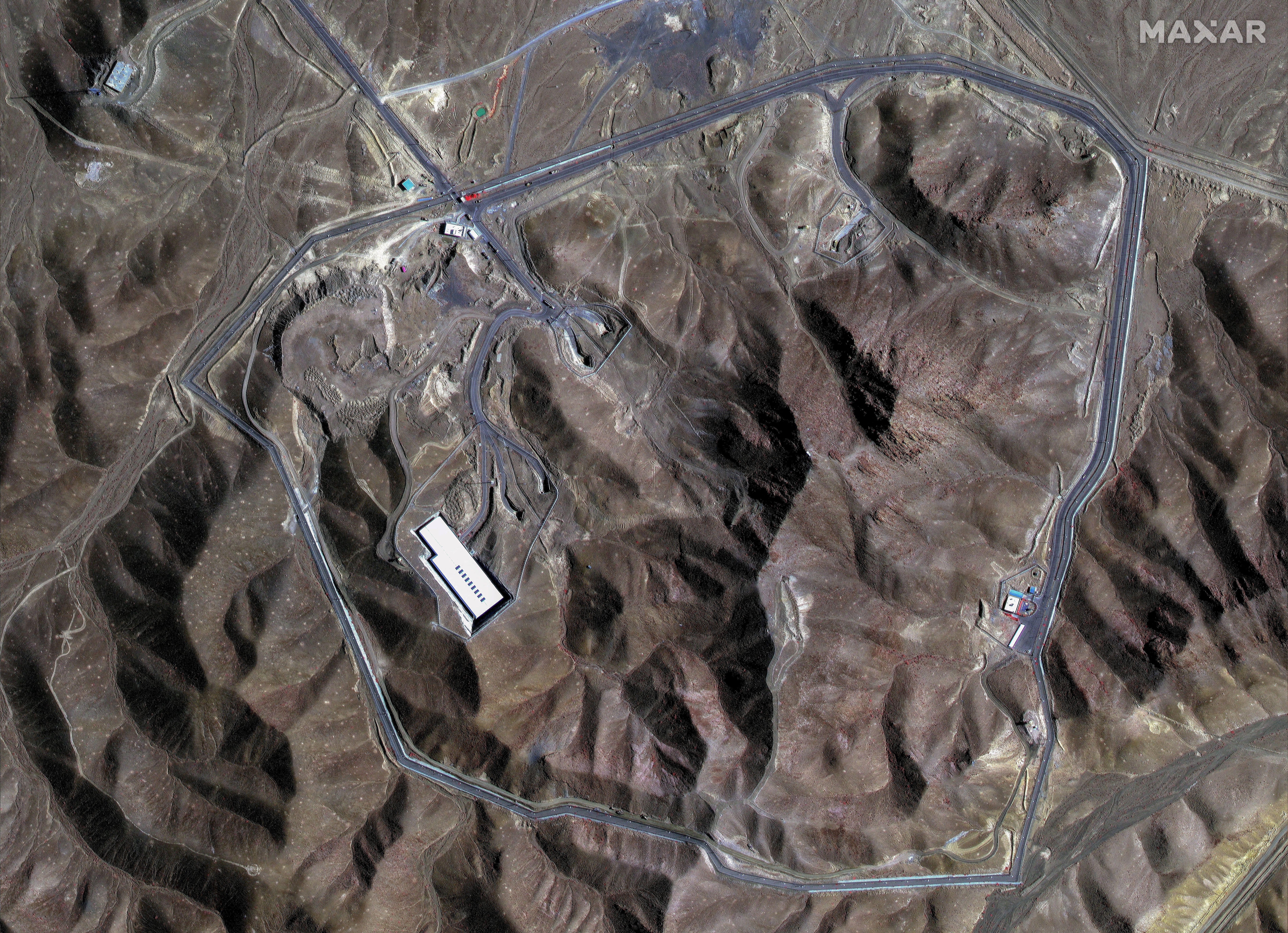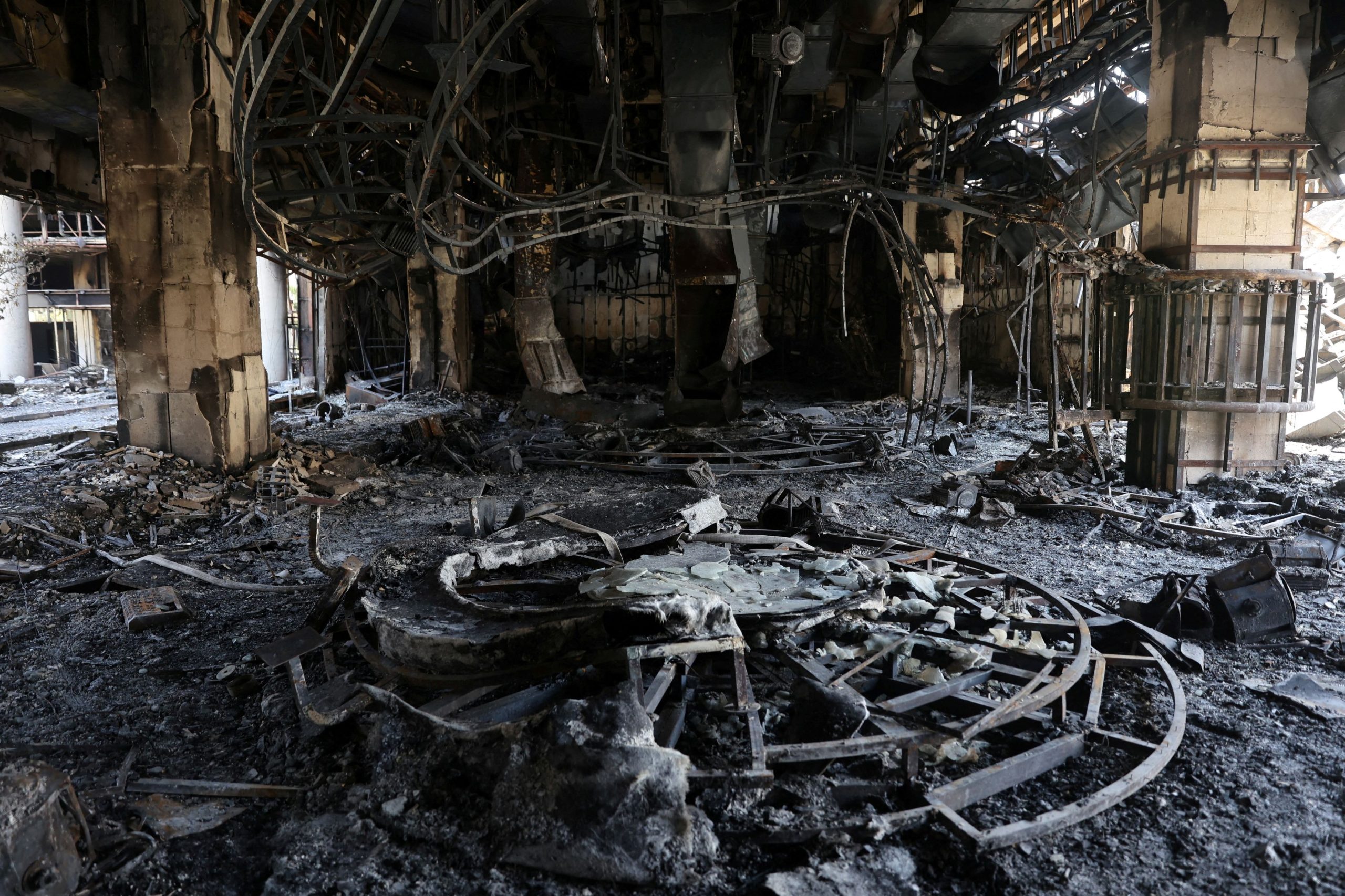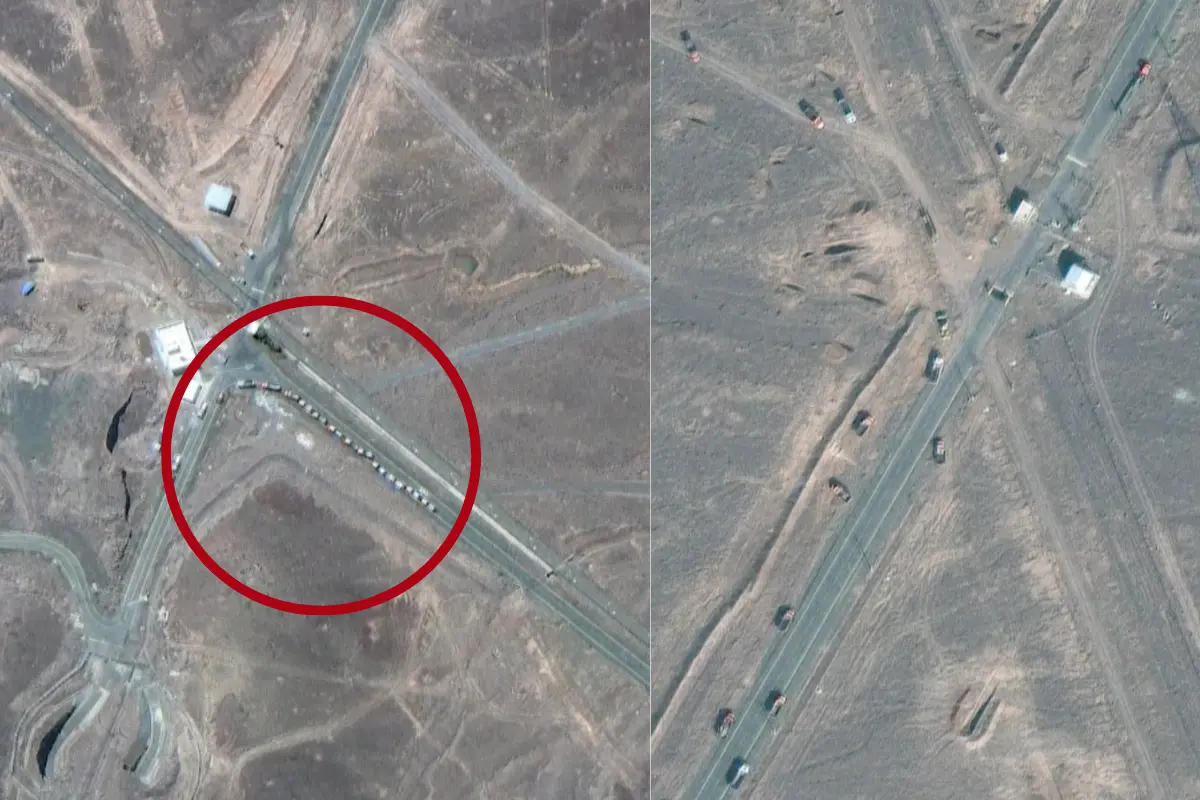Tensions in the Middle East have reached a boiling point after the U.S. military launched precision strikes on key nuclear facilities in Iran. The move follows President Trump's announcement that the U.S. joined Israel in targeting Iran's nuclear program, raising fears of a wider conflict and sparking international debate. Meanwhile, a pro-Palestine activist is released on bail, a major heatwave threatens the U.S., and Tesla launches its Robo Taxi service in Austin.
U.S. Military Strikes Iranian Nuclear Facilities, Escalating Conflict Fears

The U.S. military conducted massive precision strikes on three key nuclear facilities in Iran over the weekend, escalating fears of a full-blown conflict. President Trump announced the U.S. had joined Israel's attacks, claiming to have "totally obliterated" multiple facilities. The extent of the damage and casualties remains unclear.
Trump's Misdirection: Obscuring the Attack Plan on Iran

Despite White House claims of potential negotiations with Iran just days before, reports indicate Trump had already decided to launch strikes. A Times correspondent, Maggie Haberman, revealed that a public statement about deciding on Iran's fate within two weeks was a deliberate misdirection. The strategy included deploying a decoy bomber to mislead observers while the primary strike force headed towards Iran.
Iran's Response Divided: Projecting Calm Amidst Internal Turmoil

While Iranian officials publicly attempt to downplay the damage and project normalcy, internal conversations reveal a grim mood and divisions on how to respond. Farnaz Fassihi of the Times notes that Iran faces a complex decision, weighing the risks of directly confronting the U.S., which has a significant military presence in the region.
Internal Debates Rage in Iran Over Retaliation Strategy Against US

Hardliners within the Iranian parliament are calling for attacks on American military bases and disrupting oil tanker traffic in the Persian Gulf. Others urge restraint, emphasizing the need for a measured response to avoid further escalation. The Supreme Leader Ayatollah Khamenei's silence and seclusion in a secure bunker adds to the uncertainty, with communication limited to handwritten messages for security.
Pro-Palestine Activist Released on Bail, Claims Arrest Backfired

Mahmoud Khalil, a Columbia University graduate and pro-Palestine activist, was released on bail after a federal judge deemed his arrest potentially unconstitutional. Khalil, a permanent U.S. resident, was arrested in March and held in detention, missing the birth of his son. Secretary of State Marco Rubio had labeled him a foreign policy threat for contributing to anti-Semitism through his protest activities, an accusation Khalil vehemently denies.
Heatwave Threatens Millions Across Central and Eastern U.S.

A major heatwave is expanding across the central and eastern United States, with temperatures reaching 100°F in the Midwest. The heat is expected to shift eastward, impacting major cities like New York, Philadelphia, and Washington D.C., where humidity could push heat indexes to 115°F. New York City officials are warning that heat is the "deadliest weather threat," causing over 500 deaths annually.
Tesla Launches Robo Taxi Service in Austin, Testing Autonomous Ride-Hailing
Tesla has launched a test of its self-driving car service, Robo Taxi, in Austin, Texas. This marks the first step towards Elon Musk's vision of widespread autonomous ride-hailing. The service is currently invite-only and operates within specific areas, with safety monitors present in the vehicles. While other companies like Waymo have deployed autonomous taxis, Tesla aims to enable regular owners to operate their cars as robo taxis.
Tesla's Robo Taxi Ambitions Face Technological and Safety Challenges

Jack Ewing of the Times highlights that Tesla's robo taxi launch comes at a critical time, as the company seeks to boost sales and justify its high stock valuation. However, achieving widespread robo taxi adoption presents significant technological and safety challenges. Tesla's goal of operating anywhere contrasts with Waymo's approach of restricting services to carefully mapped areas, raising concerns about safety and regulatory approval.
Looking Ahead: Navigating Conflict, Climate, and Technological Innovation

The unfolding events in the Middle East, coupled with domestic challenges like immigration debates, climate change and technological advancements present a complex landscape. The coming days and weeks will be critical in determining the trajectory of these issues, from potential de-escalation in the Middle East to managing the impact of extreme weather and ensuring the responsible deployment of autonomous technologies.